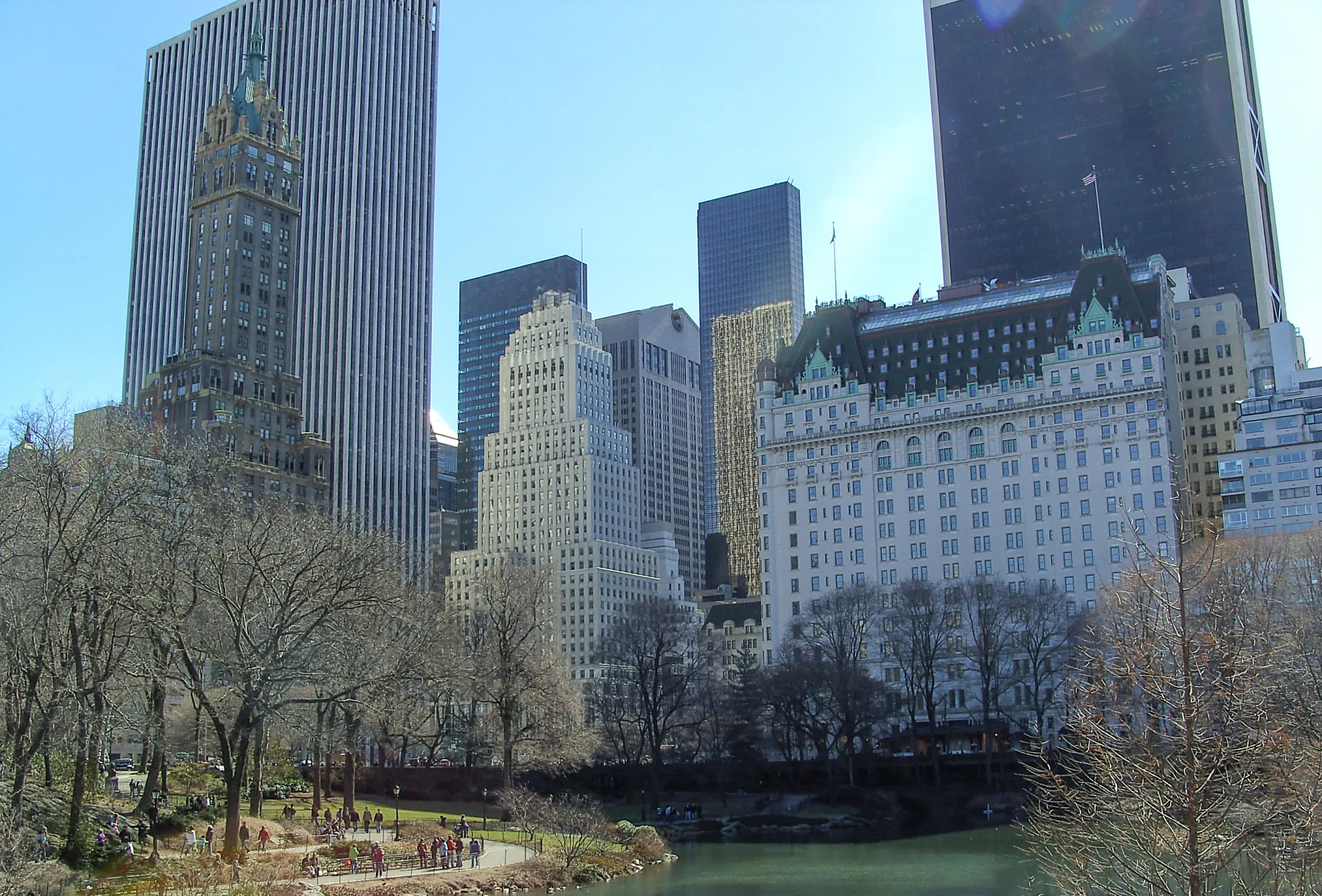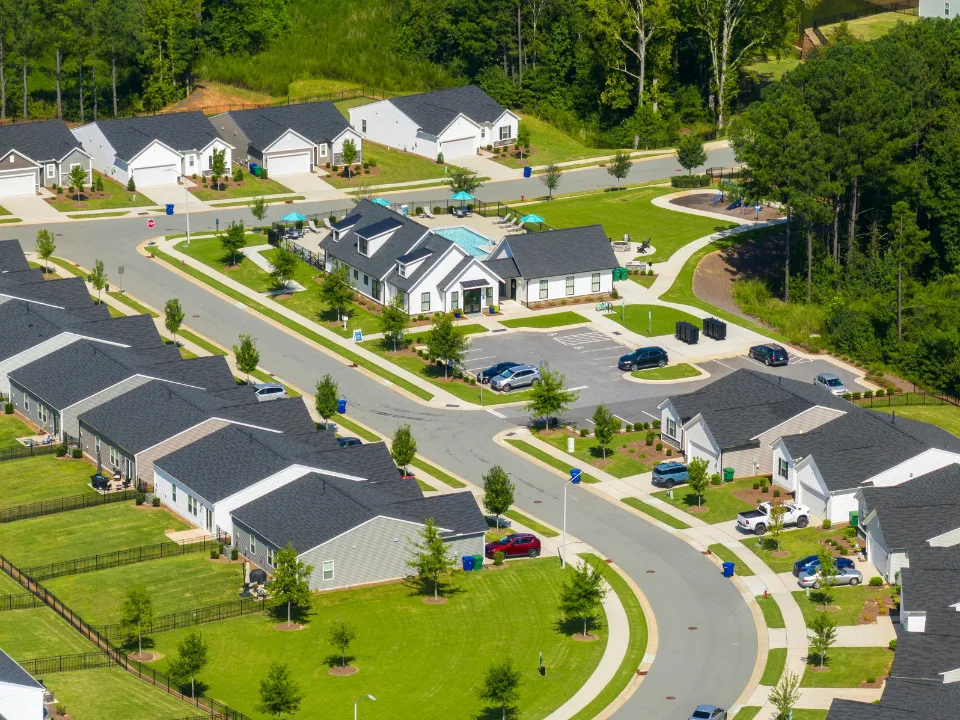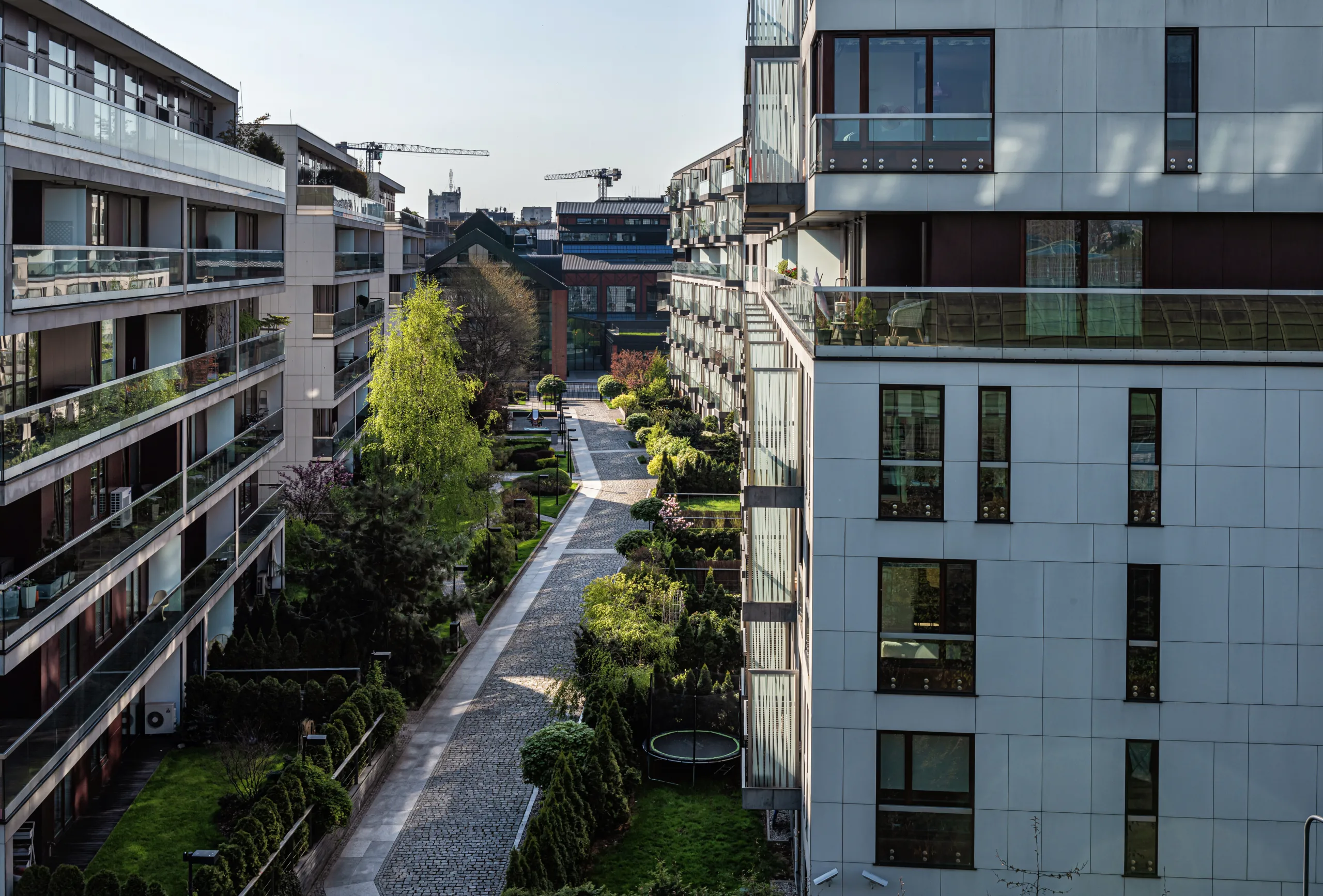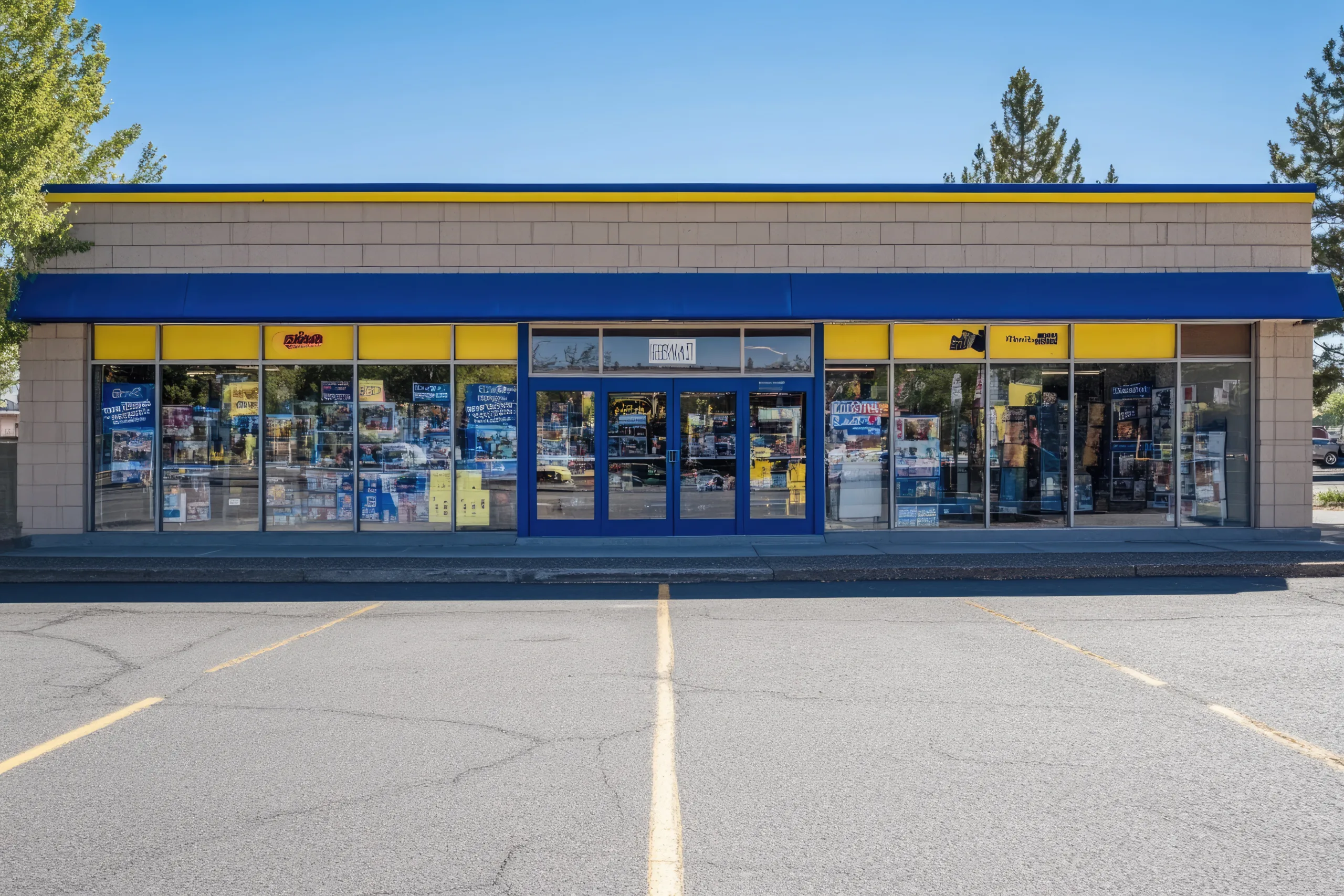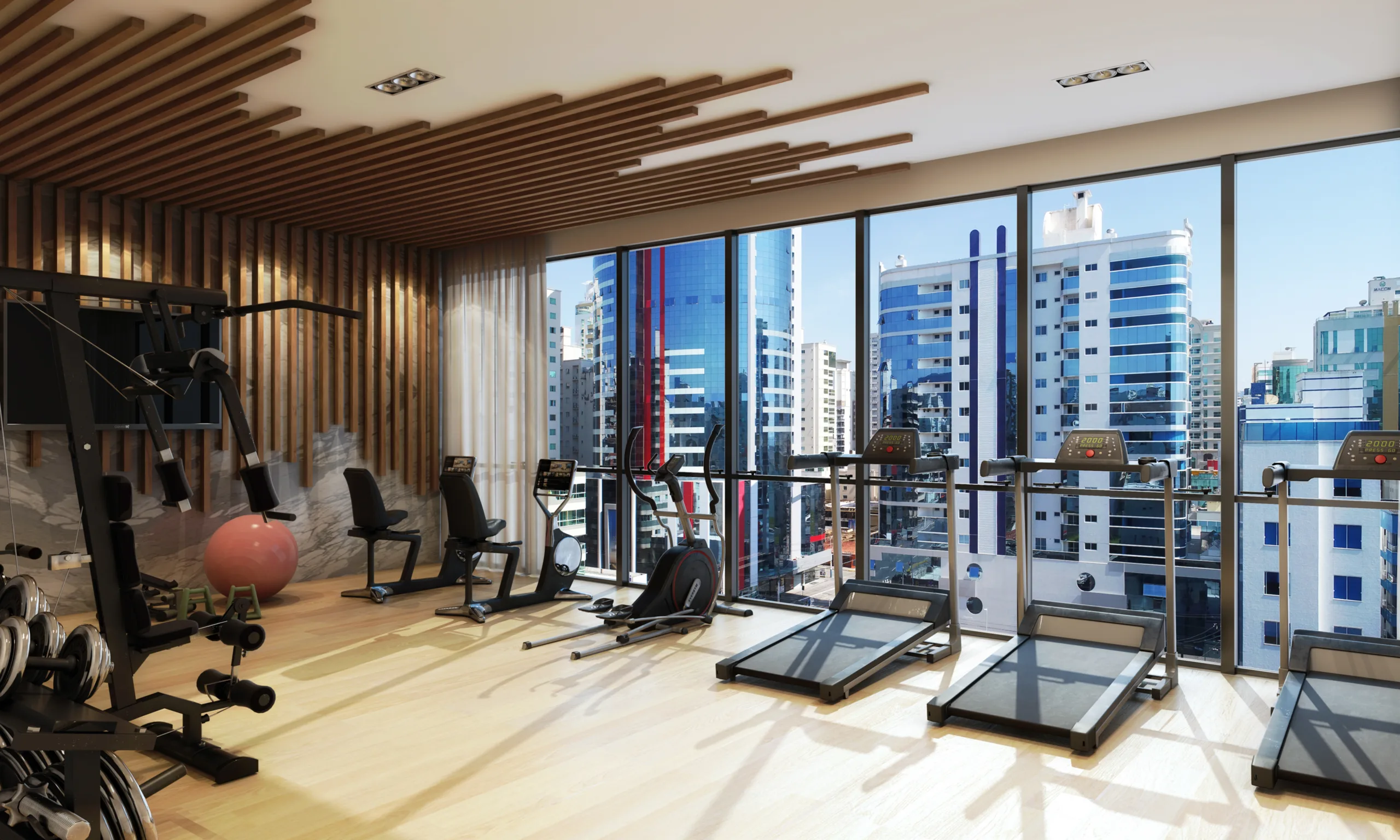- NYC developers are converting at least a dozen former migrant shelter hotels into apartments, with more than 1,100 units already in the works and potential for thousands more.
- Hotels are faster and cheaper to convert than other buildings due to existing bathrooms and natural light, though zoning and building code restrictions remain major hurdles.
- These conversions come amid record-high rents, historic low vacancy rates, and political pressure to address the city’s affordable housing shortage.
New York City developers are capitalizing on a rare real estate opening, reports WSJ. They are transforming hotels that once housed migrants into new apartments. The conversions are happening citywide, from a former Hilton near JFK Airport reopening as affordable housing to Midtown’s 600-key Stewart Hotel slated for 535 residences.
A Surge Of Conversions
Developers say hotels are particularly suited for residential conversion. Each unit already has a bathroom and windows. This cuts costs and timelines in half compared to ground-up construction. The 318-unit Baisley Pond Park Residences, in a repurposed JFK Hilton, took just 19 months to complete.
Get Smarter about what matters in CRE
Stay ahead of trends in commercial real estate with CRE Daily – the free newsletter delivering everything you need to start your day in just 5-minutes
Why Now
The city’s severe housing shortage—rents at record highs, vacancy at 1.4%—combined with a drop in migrant arrivals has freed up dozens of properties. Of the 160 hotels used as migrant shelters at the peak in early 2024, only one remains open as a shelter today. Many of the others are unlikely to return to the hotel market.
The Details
Slate Property Group and nonprofit partners have spearheaded two of the highest-profile conversions: the JFK Hilton and the upcoming Stewart Hotel project near Penn Station. By combining multiple rooms, developers can create one-bedroom units or two studios. More than half of the units in these projects will be affordable, with some reserved for formerly homeless residents.
Economic And Political Backdrop
The city has spent $8B on migrant housing since 2022. Affordable housing has become a key issue in this year’s mayoral race. Together, these factors have intensified focus on creative reuse projects. Developers believe these conversions can also revitalize neighborhoods, bringing residents and economic activity to stagnant areas.
Challenges Ahead
While hotel conversions are quicker and cheaper, strict zoning and housing codes can stall projects. This has been evident since the passage of the Housing Our Neighbors With Dignity Act in 2021. And some high-profile former shelters, such as the Roosevelt Hotel, face uncertain futures due to ownership complexities and competing redevelopment plans.
Why It Matters
Even if these conversions won’t solve the housing crisis, they represent a rare alignment of available space, political will, and market incentives. For developers, the moment is fleeting—and the push is on to make the most of it before the opportunity passes.
